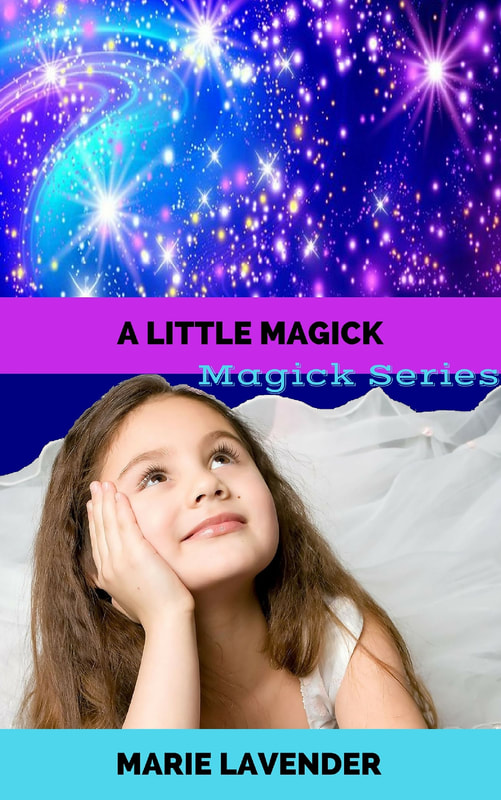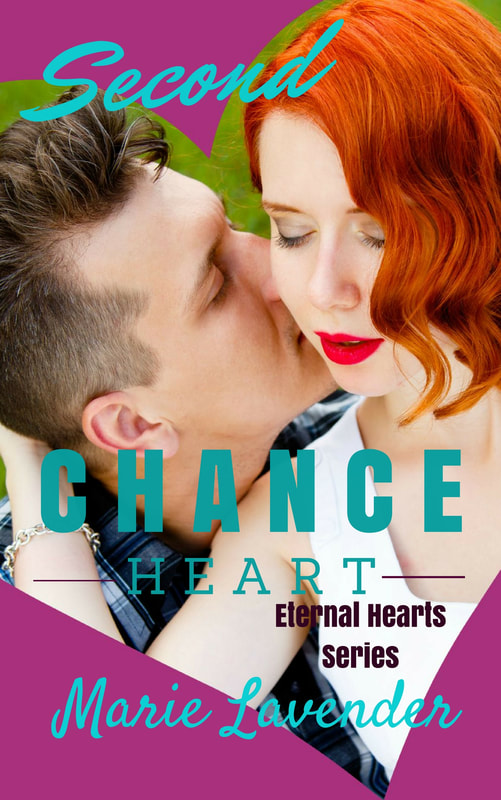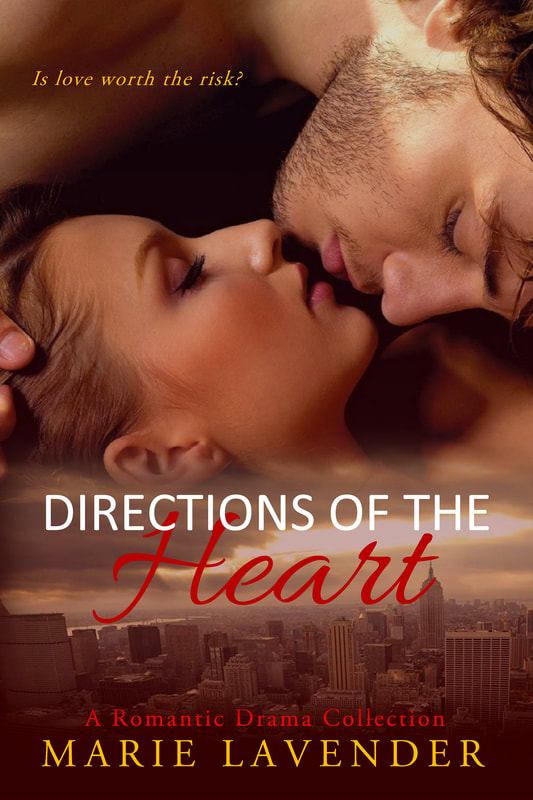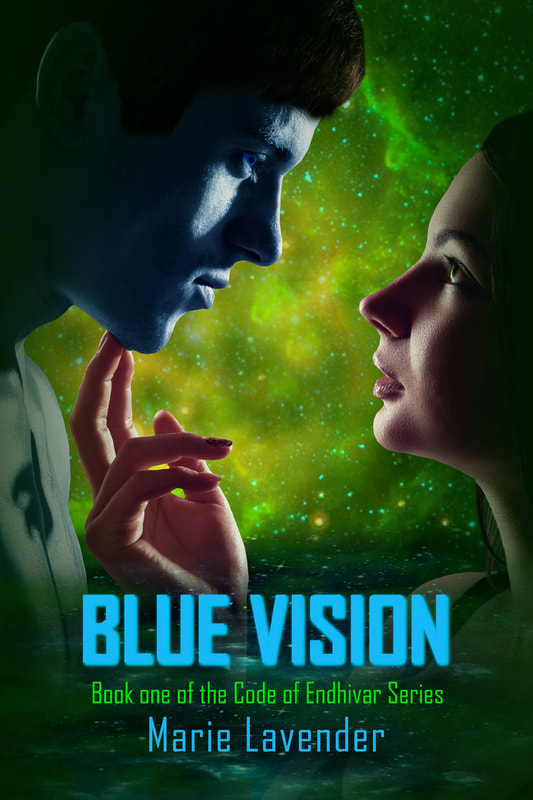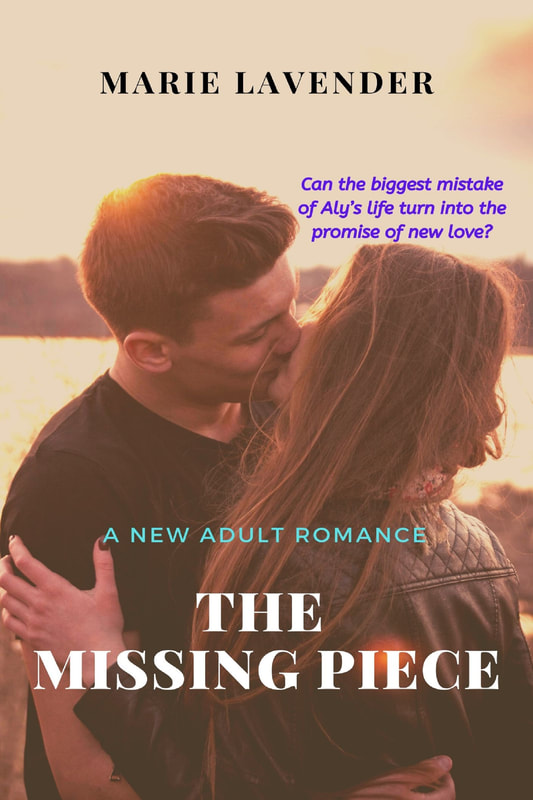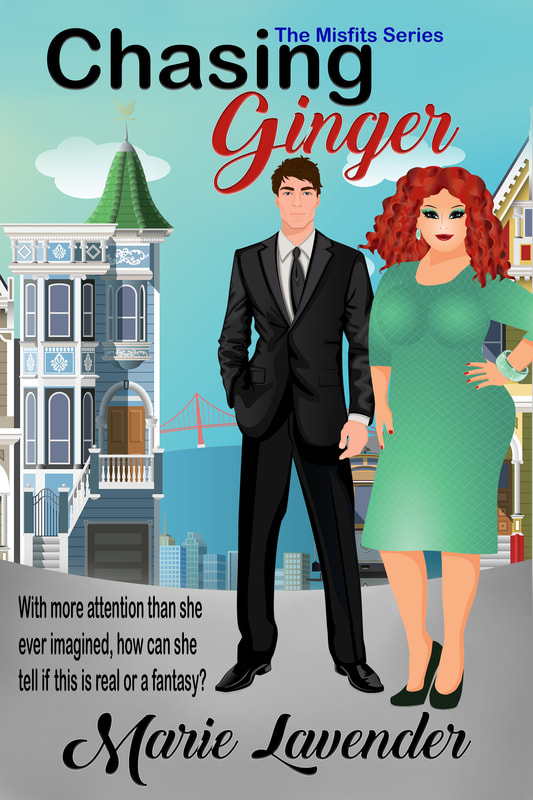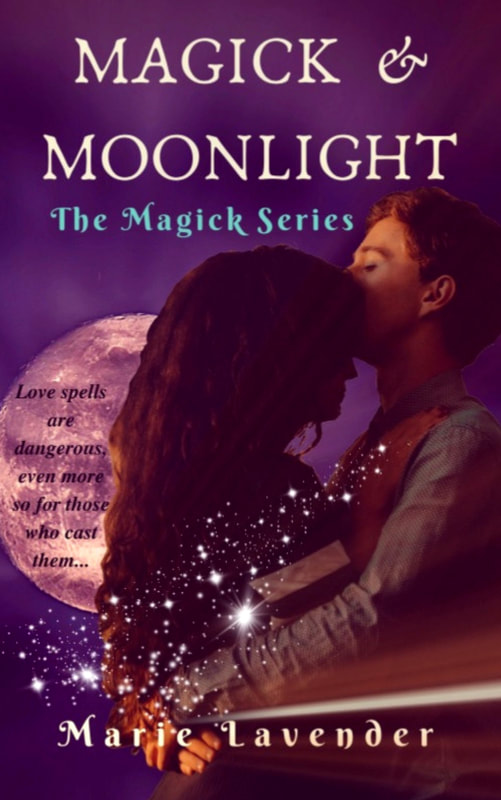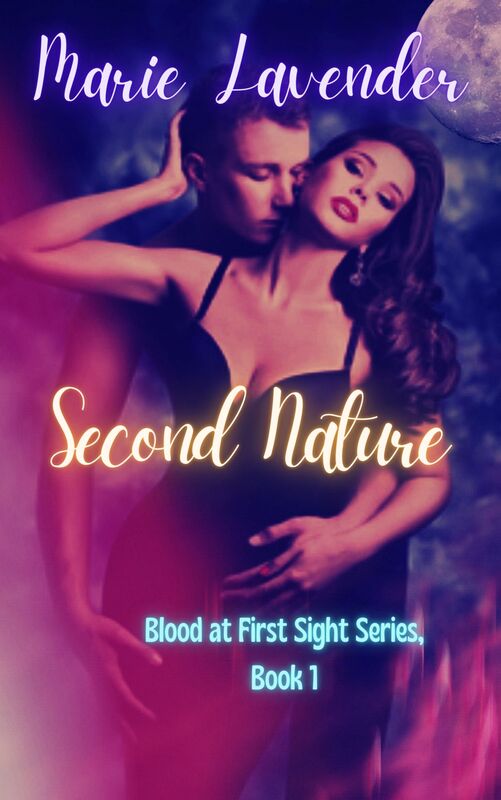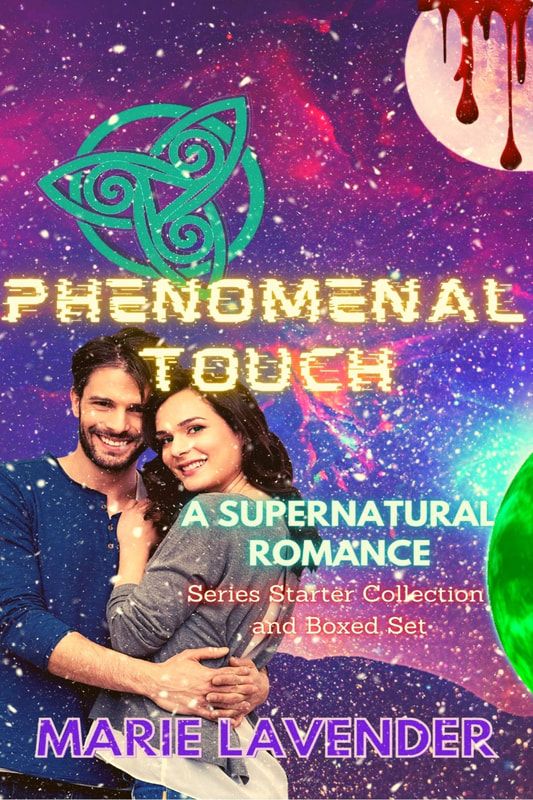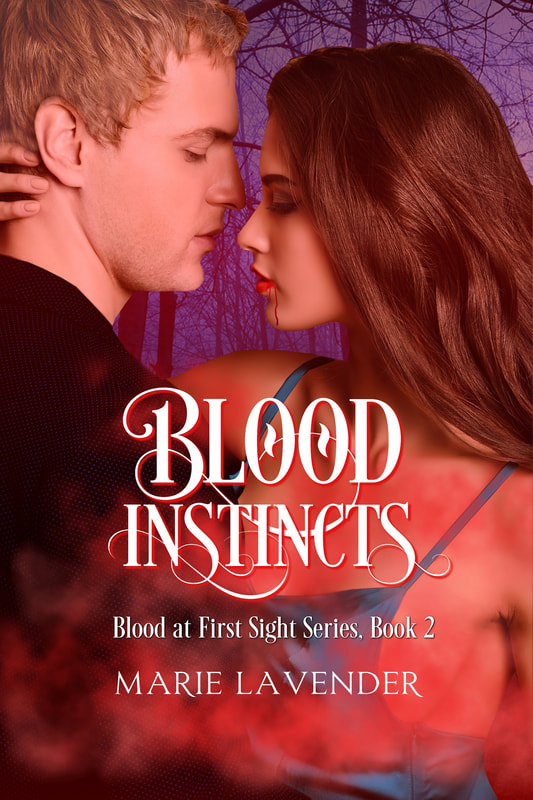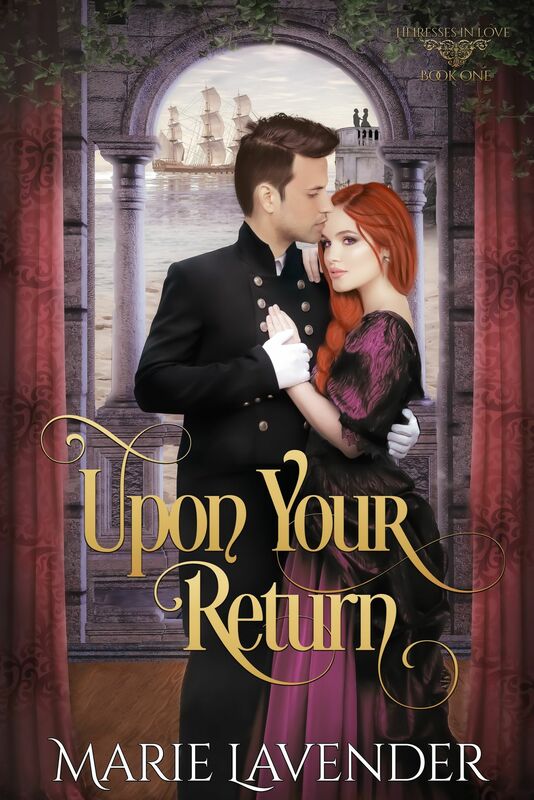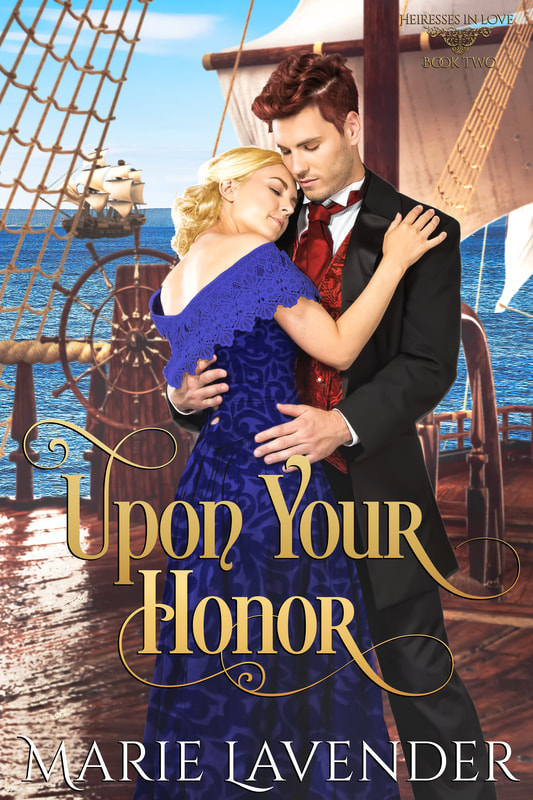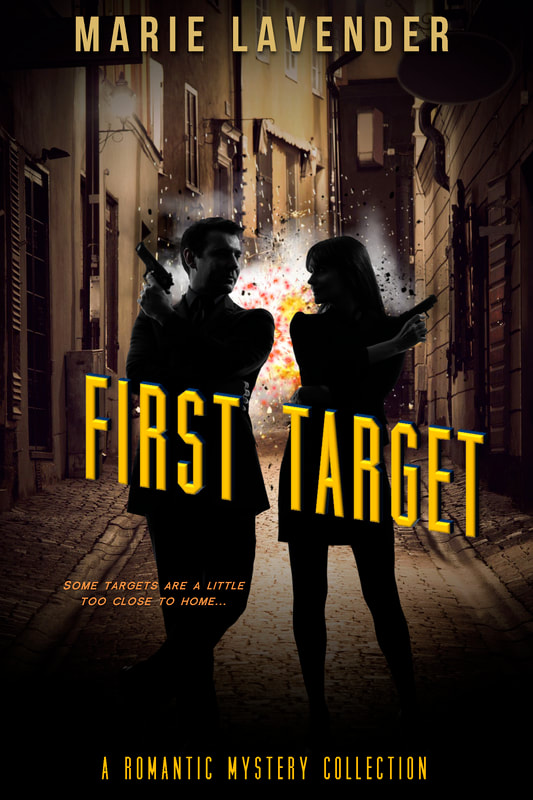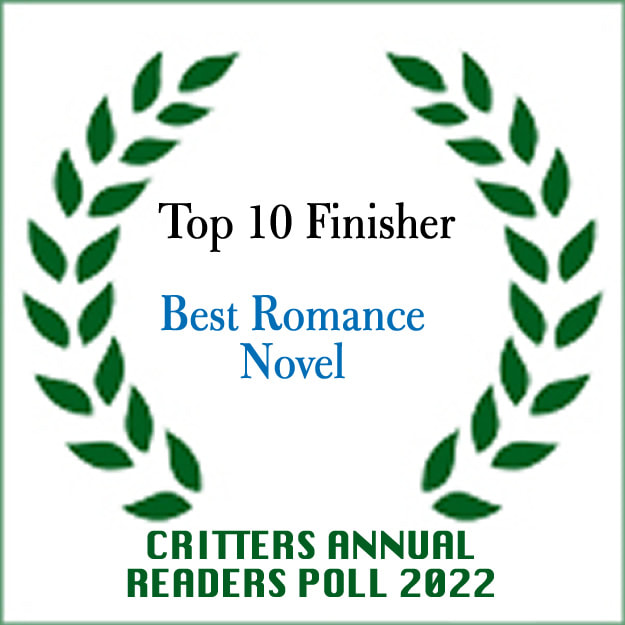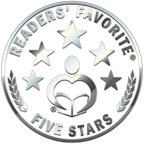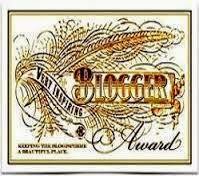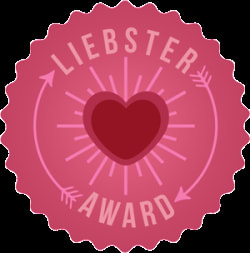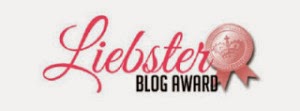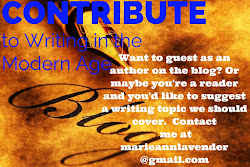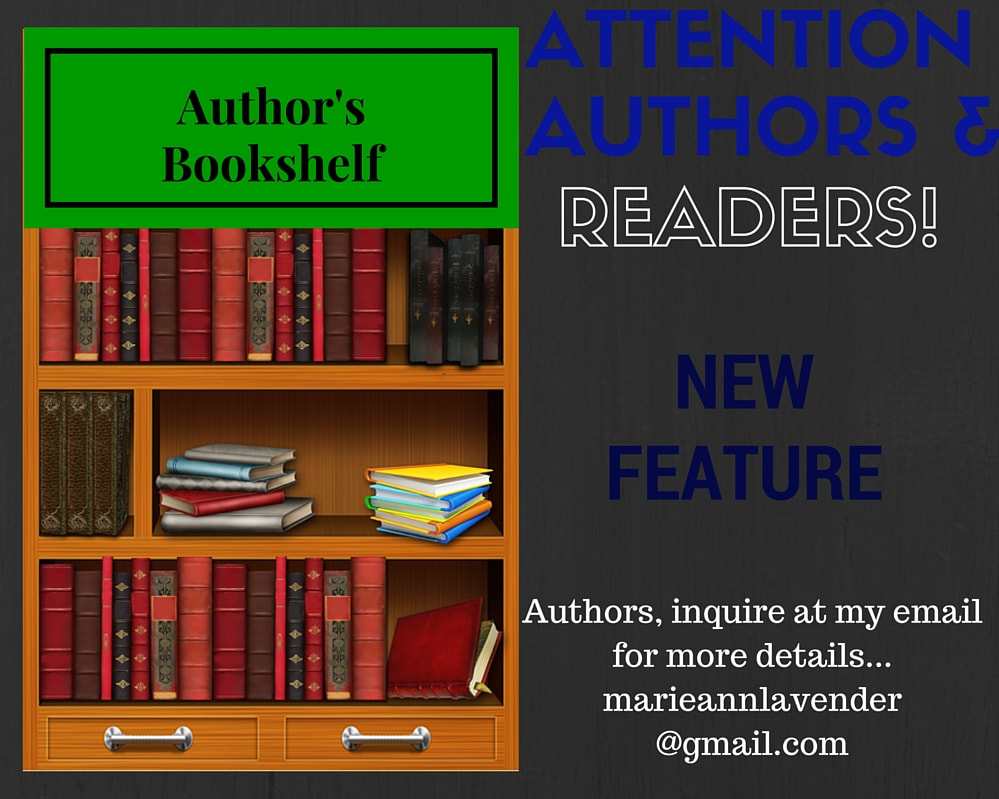|
So, you want to be a writer, eh? I’d suggest you take up golf instead. Still determined?
I’m not going to talk about why you want to write. That’s a story in itself. You have read widely and perhaps dabbled at writing some short pieces, and after seeing what’s out there, you’re telling yourself it can’t be that hard. You can do a much better job and you’ve made up your mind to prove to everybody you can do it. You also decided that you can take the pain, the loneliness, frustration and exasperation that goes with writing. Have you? If you haven’t, do think about it. Writing a 300 page book means many hours with a pen, notebook and computer. Time where you don’t want to be interrupted by anything or anybody. Still want to inflict this on yourself?
When I started, I had grand dreams about getting published and my books in every store in the world. I’d be famous! Perhaps you might make it, but before you jump into the writing tar pit, knock any expectations you may have about fame and money out of your mind. If you want to write for money, become a journalist or a freelancer. Better still, get a paying job. That’s my first bit of advice. The second: forget about becoming famous. If you are honest with yourself, you will understand that you are driven to write, and you want to share what you have written with somebody. Everything else is secondary. If you don’t have that fire burning inside you, goading you to write, never leaving you alone, than you’re kidding yourself. Remember what I said about golf?
Okay, let’s get serious. Like any profession, writing is a craft and there are tools you must master to be any good at it. What did Einstein say? Ten percent inspiration and ninety percent perspiration? He got that right. Having a story idea is nothing. Getting it down on paper in a form readers will not want to put down is everything. As with anything new, practice makes perfect. If you haven’t already, write some short stories. Why? The effort will tell you how good you are at manipulating words, creating sentences, scene breaks and chapters. It will show you if you have problems with plotting, whether you are a character or action writer; whether you like prose, dialogue or are in love with flowery adjectives. By the way, drown those adjectives - most of them anyway, or take up poetry. You need to find your voice. You need to discover your writing style with which you are most relaxed and one that doesn’t impede the flow of words. Stilted, awkward narrative and dialogue is death, regardless of how good the story itself might be. Don’t try to imitate an author you like. You must be true to yourself.
Some basic things that get overlooked, but are important:
- Format your manuscript correctly. Use 1 inch margins all around and have a proper header: Author Name/Book Title at left, and page numbering at right. Amazing how many people get this wrong.
- Use double spacing with your sentences, and don’t right justify the text. That part comes later when the book gets published.
- Always use the word processor’s automatic paragraph indenting. Have a hard page break, never one you create using the Enter key to space down the page.
There are other small things, but the idea is to get the fundamentals right before you put down that first word. Believe me, it will help in the long run. Why do all that? Firstly, submission editors have rules on manuscript formatting, but more importantly, you are developing yourself into a professional, not some amateur who hopes a brilliant story will carry you over all the bad parts. Long ago, editors helped iron out poorly written manuscripts, but those days are long gone. Today, your manuscript must be perfect, ready for typesetting and printing.
Become your worst enemy! You need to develop editorial skills and be prepared to cut that favorite word, phrase, sentence or paragraph. Never, never become so attached to your writing that you cannot prune. Like a shrub that needs cutting in order to make the whole live, you must be prepared to trim your writing. I know. It’s like hacking off an arm, but you must become inured to the pain, your eyes set on the end product. It takes time and practice, but it’s worth the effort. If you don’t do it, your editor certainly will. He will do it anyway just to demonstrate his superiority over us lesser mortals. Grin and bear it, and have a bourbon.
Develop a disciplined approach to writing. You would never build a house without proper architectural drawings. In the same way, never jump into writing that book without having thoroughly researched your subject and written a detailed outline and worked every plot angle. Careful not to get carried away with the outline or you’ll end up writing what should really be ‘real’ writing. An outline is a skeleton on which you write the book around. And like any skeleton, every bone must be in place or things will start to fall off when you begin to write. That’s called writer’s block, and can drive you to thoughts of jumping off tall buildings. It can also result in a book that will be all disjointed and pieces won’t fit. You can write a short story on the fly, and I’ve done it, but not a full-length novel. I have seen results of such amateurish writing and I still shudder when I think of them.
Develop your characters. There is nothing worse than coming across a character that has blue eyes in one chapter and brown in another. There is more to it than that, of course, but you get the idea. Every major character in your book should be fully developed, like a police mug sheet. And like that mug sheet, it should contain everything: height, color of hair, distinguishing features, mannerisms, likes and dislikes...you get the idea. This not only beds down the character in your own mind, but enforces a consistency of behavior by that character. If you have given your character a quirky mannerism, you can use it with confidence throughout the book. It will also make your reader comfortable, knowing you will not spring a surprise on him. If your character is a badass, keep him that way. Don’t introduce a brand new mannerism way down the book simply to make a point.
There are lots more things I could talk about here that every author needs in his toolbox, but I have to do some writing on my own novel. You will run into mental potholes, wander why you’re bothering, thinking that drinking your way out will help, but there is one thing you must always keep in mind. Writing can be tremendously satisfying. There is nothing like the buzz you get when the words flow and everything clicks together. The pure joy of creation can be giddying - and addictive. Once hooked, I’m afraid there is no cure, and no cold turkey withdrawal will help.
Still want to be a writer? On your head be it.
Thanks so much for visiting us today, Stefan!
Guest Blogger BioStefan Vucak is an award-winning author of the sci-fi Shadow Gods series of books. His contemporary political thriller Cry of Eagles has won the coveted 2011 Readers Favorite silver medal award.Website: www.stefanvucak.com
Facebook: www.facebook.com/StefanVucak
Twitter: @stefanvucak
Check out our latest Writing in the Modern Age blog article here.
6 Comments
Okay, so we’ve all heard that to make it in the new publishing world, we have to promote, promote, promote! Sigh. Unfortunately, it’s true. It is important to maintain author accounts on significant social networking sites like LinkedIn, Facebook and Twitter. Did I miss any? Probably. I’ve heard Pinterest is up and coming, but that is not what I’m going to talk about here.
Check out our latest Writing in the Modern Age blog article here. |
Blog Archives
April 2024
Visit our old posts on Blogger instead.
A glance at Marie's booksComing SoonBlog Awards
ContributeCool new feature!
Attention
The fact is…our policy has changed considerably, at least for a while. Check out our 'Blog Policy' for more information about the types of features offered, how you can purchase a guest spot, my policy on review requests, and rules for guest writers. Starting from 2021, I was charging for some types of posts. Of course, there is never a fee for a guest article, as long as you adhere to the blog's theme. I also will not charge for big multi-author events which I host (these are giveaways or participation questions, and it's obvious what materials you're providing). If you'd like to submit a guest book review (no, I don't write book reviews, please don't ask me), I will always accept those and not charge you a fee at all. Starting in 2022, I WILL NO LONGER BE posting new release features, cover reveals, Author's Bookshelf features, author interviews, character interviews, and poetry spotlights. I am far too overwhelmed with other work to do constant blog posts. I'll still be writing my own articles sometimes and hosting multi-author special features. For companies that can afford a sponsored post, I'm willing to discuss a reasonable quote for a specialized article which fits within the blog's theme (No blatant promotions). Email me atmarieannlavender@gmail.comif you wish to participate in a unique post. Feel free to approach me with your creative ideas about a blog post. Slots at Writing in the Modern Age are always first come, first served. Contact us and reserve a spot! Refer to the 'guest schedule' at the top of the screen for further clarification about availability. Thanks for understanding.Disclaimer
Thoughts and opinions by guest authors do not necessarily represent any thoughts and opinions by this website's administrator, nor are they directly endorsed. All writings on the blog are subject to review and editing. Please visit our blog policy to understand the site's theme a little better.Use our hashtag #WritModAge when you mention us!Should you edit your own work? Definitely! - The Ultimate Guide to Editing a BookAre you a technical writer? Look no further for some tools of the trade!Love physical books like me? Check out this cool DIY link!Sign up for Marie's author newsletter! Get on her mailing list @Blog Categories
All
|



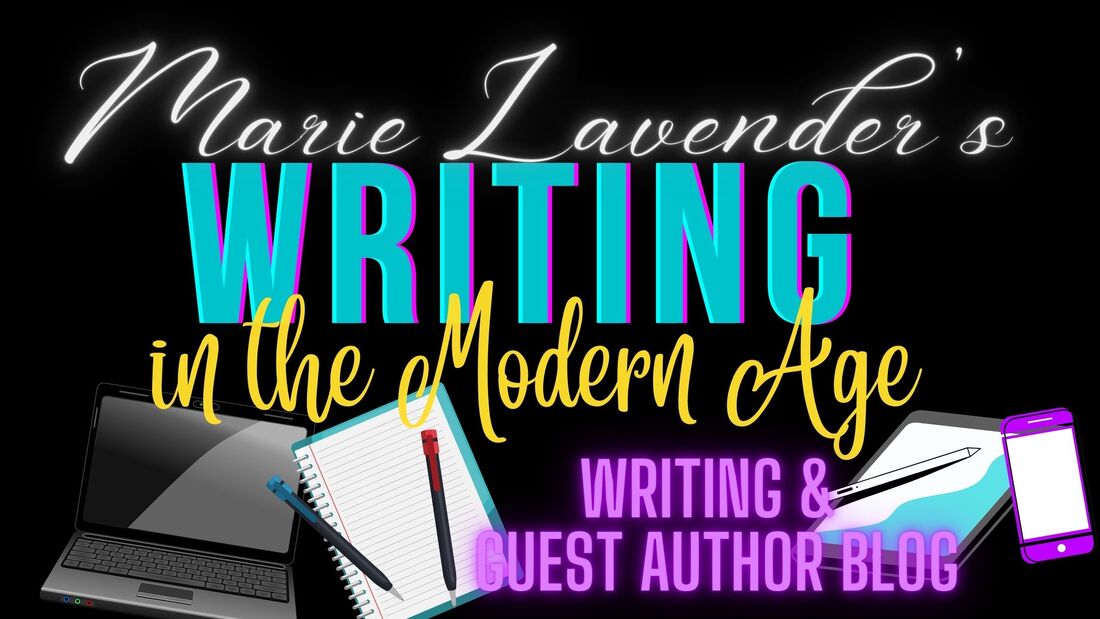

 RSS Feed
RSS Feed

